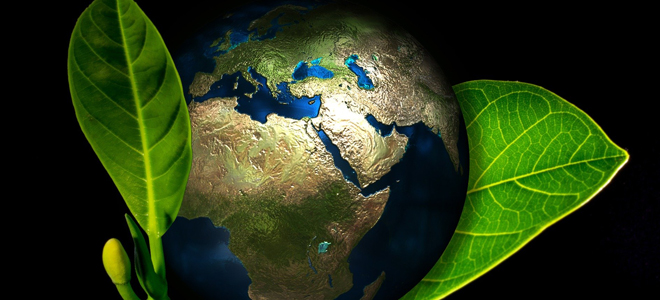
Climate change is something that we can no longer ignore or deny. When we talk about climate change, we are referring to the shifting of what is expected of the atmospheric pattern.
This usually occurs over several millennia. However in recent times, it has been engineered as a result of both natural processes and human activities. It is important to point out that it is different from weather, which is the atmospheric condition (or climatic condition) of a particular area or region at a particular region, or within a period of time.
Essentially, climate is what the atmospheric conditions of a place over a long period of time can be expected to be. Weather is what occurs over a short period of time. Climate is determined and influenced by several factors including the intensity of the sunlight, the volume of cloud cover available, precipitation (rain, snow, etc.), temperature, and so on.
Global Warming vs. Climate Change
Climate change is what occurs over the course of long-term atmospheric conditions of a location. That is to say, it is a change in what the weather average of a particular place is expected to be.
It should be noted that climate change is different from global warming in that global warming is but one part of the broader problem facing the world today in the form of climate change.
Global warming is essentially the rise in average global temperature and it is quite a major driver and influencer of climate change. Climate change involves other circumstances such as changes in cloud cover, precipitation, humidity, speed of the winds and many other aspects that constitute and contribute to what is considered the climate.
Humans Are A Factor
As has been mentioned, human actions have contributed to, and have led to a fast-tracking of what would ordinarily take millennia to occur.
Activities such as the burning of fossil fuels for energy, transportation and industry; the clearing of forests for use in several human endeavors; and the rearing of livestock have all contributed in one way or the other to an increase in the average global temperature.
This increment in the average global temperature has far-reaching effects on ecosystems both terrestrial and aquatic, which translates to long-lasting consequences for the lives of billions of people and animals.
Overcoming the challenges of climate change is critical to the survival of human beings and animals. Climate change affects those basic elements required for survival including food, drinking water, health, and shelter. And with the melting of the polar ice caps brought about by rising temperatures, sea levels are rising to such a level that people who live in coastal regions are already finding it increasingly difficult to keep living there. Who knows how soon these coastal towns and cities may become completely inhabitable?
What Ecological Sustainability Is
Normally ecosystems, whether terrestrial or aquatic would be able to manage those processes that are essential to them functioning on their own, so that their biodiversity would remain intact over a long period of time. This is referred to as ecological sustainability.
This sustainability is something that must be helped along and supported by humans. That is to say, human activities should be conducted in such a way that we do not overly disrupt the natural order of things. At the moment we are not holding up our end of the bargain. We are faced with the enormous challenge of how to restore productivity and diversity in those areas where it's been disrupted.
In order to accomplish ecological sustainability it has been argued that several strict measures will have to be put in place. The strongest advocates for this subject have called for the human consumption of resources to be severely restricted to frugal levels in order for the human population and society to have a chance at a sustainable life on earth. They advocate that the actions required to help set and maintain ecosystems back on the right path will have to be done so in an immediate manner.
Even though it is now crucial and mission critical, getting everyone to agree on achieving ecological sustainability has been a major challenge. In fact, ecological sustainability, along with climate change, is one of the major challenges this generation is currently battling. And if any dent is to be made in this battle, it is absolutely essential for a vast majority of us to “go green” and adopt the green lifestyle.
What It Means To Go Green
Adopting the “Green Lifestyle” can be a challenge but it is absolutely mandatory if this planet is going to continue to exist as we know it and be conducive for us to live on in some years.
Going green refers to the adoption of a conservative, ecologically friendly lifestyle. It means adopting the "Reduce, Reuse, Recycle" maxim.
Going green is important if we are to save our environment. We need to wake up every day with a mindset that will lead us all to taking action with the intention of conserving natural resources by any and all means so that our planet is protected.
Going green involves:
- Using products only made through eco-friendly means.
- Eating meals grown organically and without the use of GMO seeds.
- Adopting renewable forms of energy.
- A new mindset that accepts that the fate of the future world is in our hands.
Planet earth is ours. And without its gifts, as well as the conditions it provides us with… we wouldn't have a home.
This makes it important and necessary that we do anything and everything we can to prevent its destruction. This has to come before anything else because why bother with talk of politics, entertainment, sports or anything else that we won’t be around to enjoy anymore?
